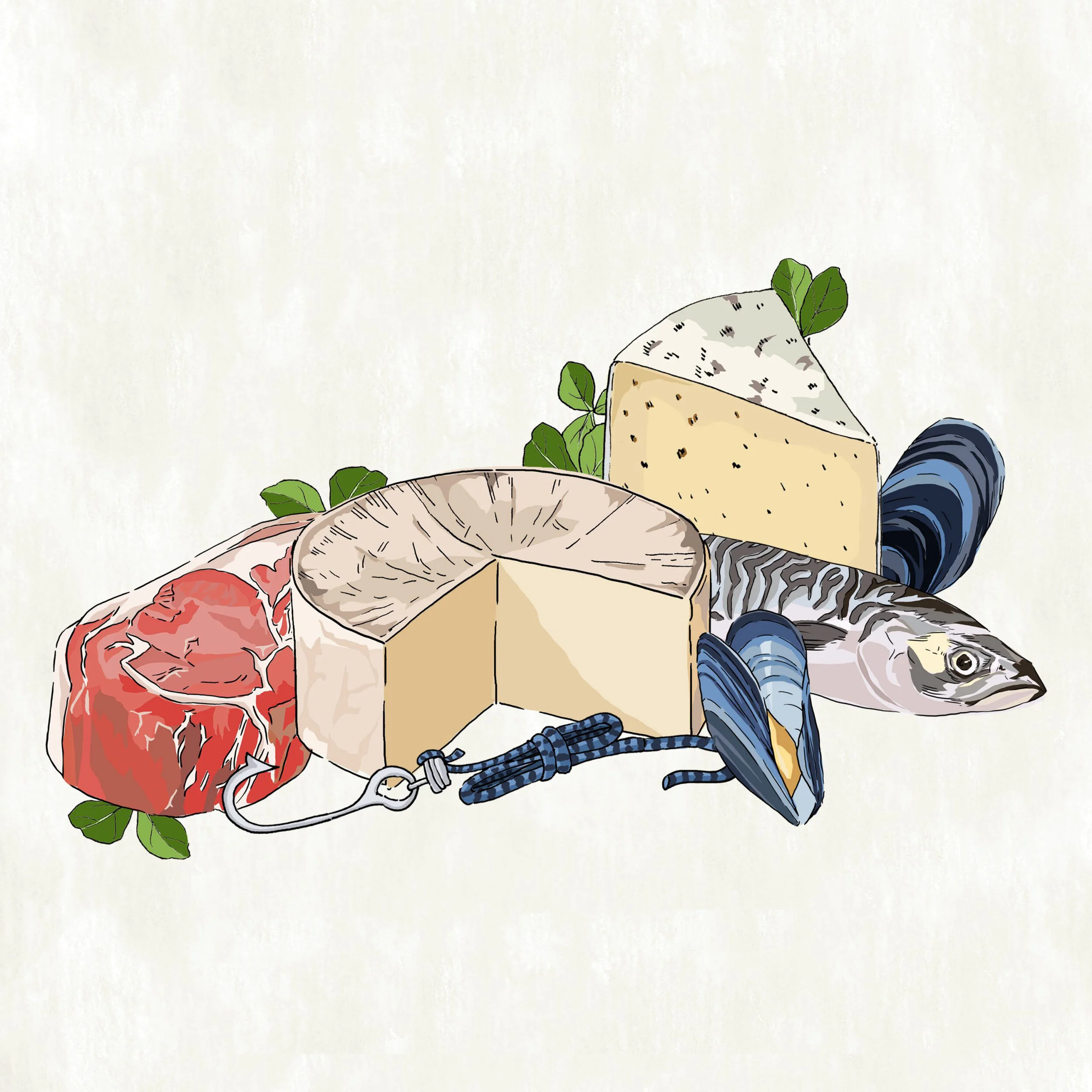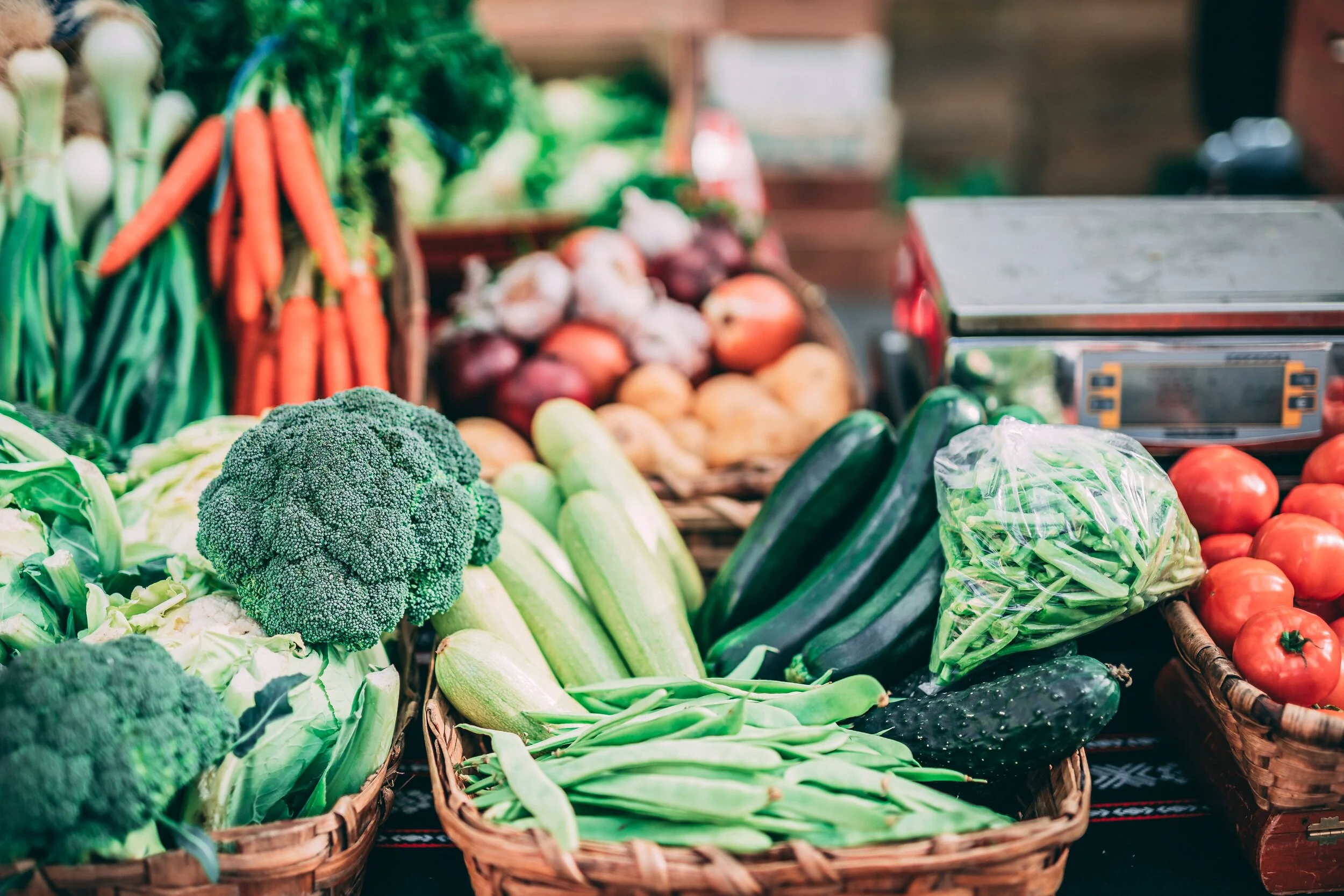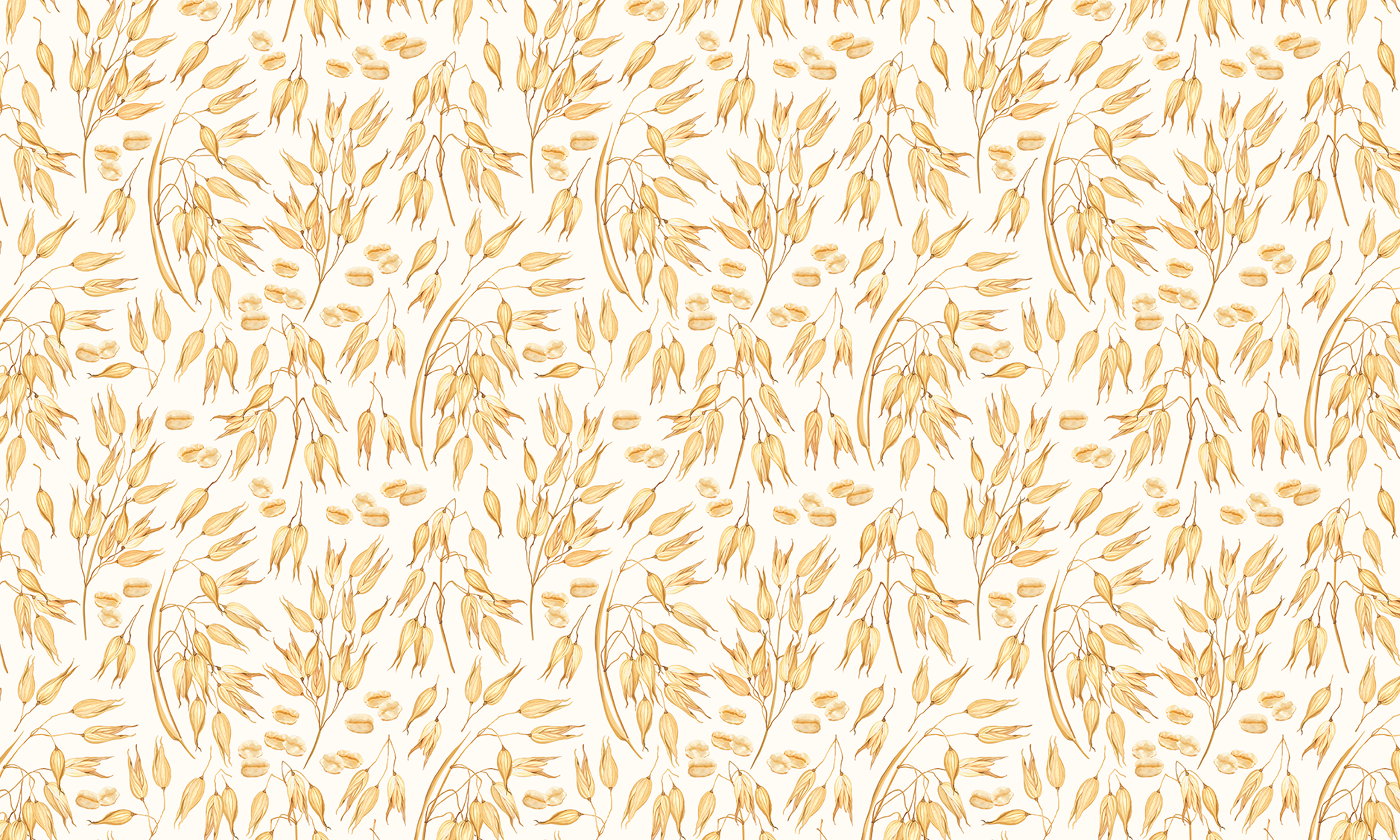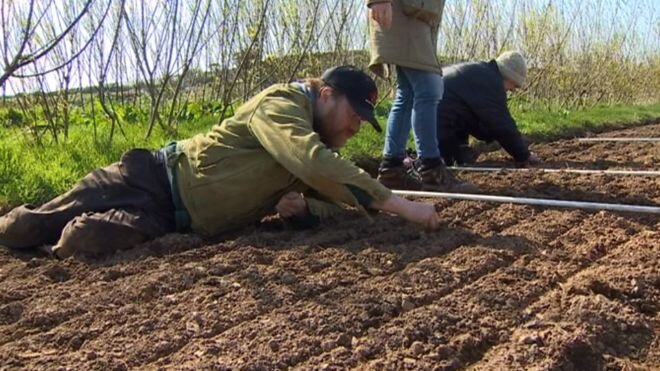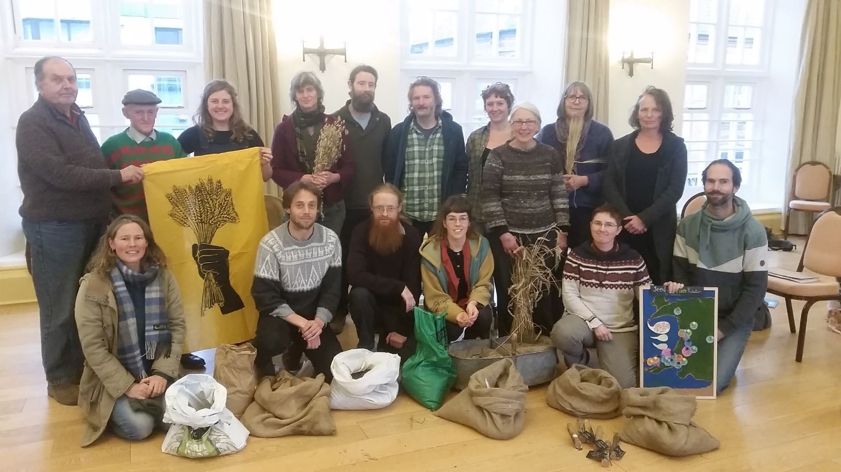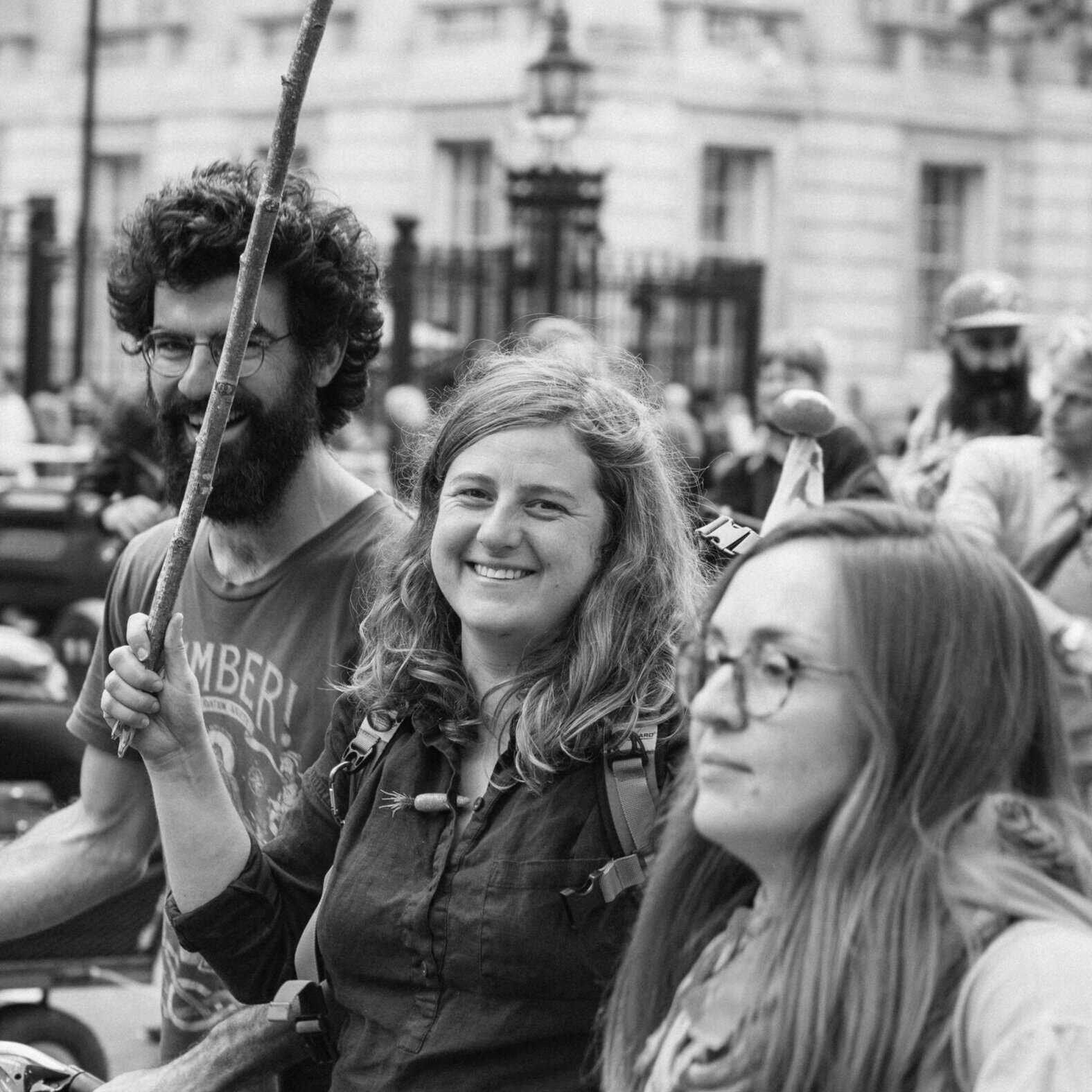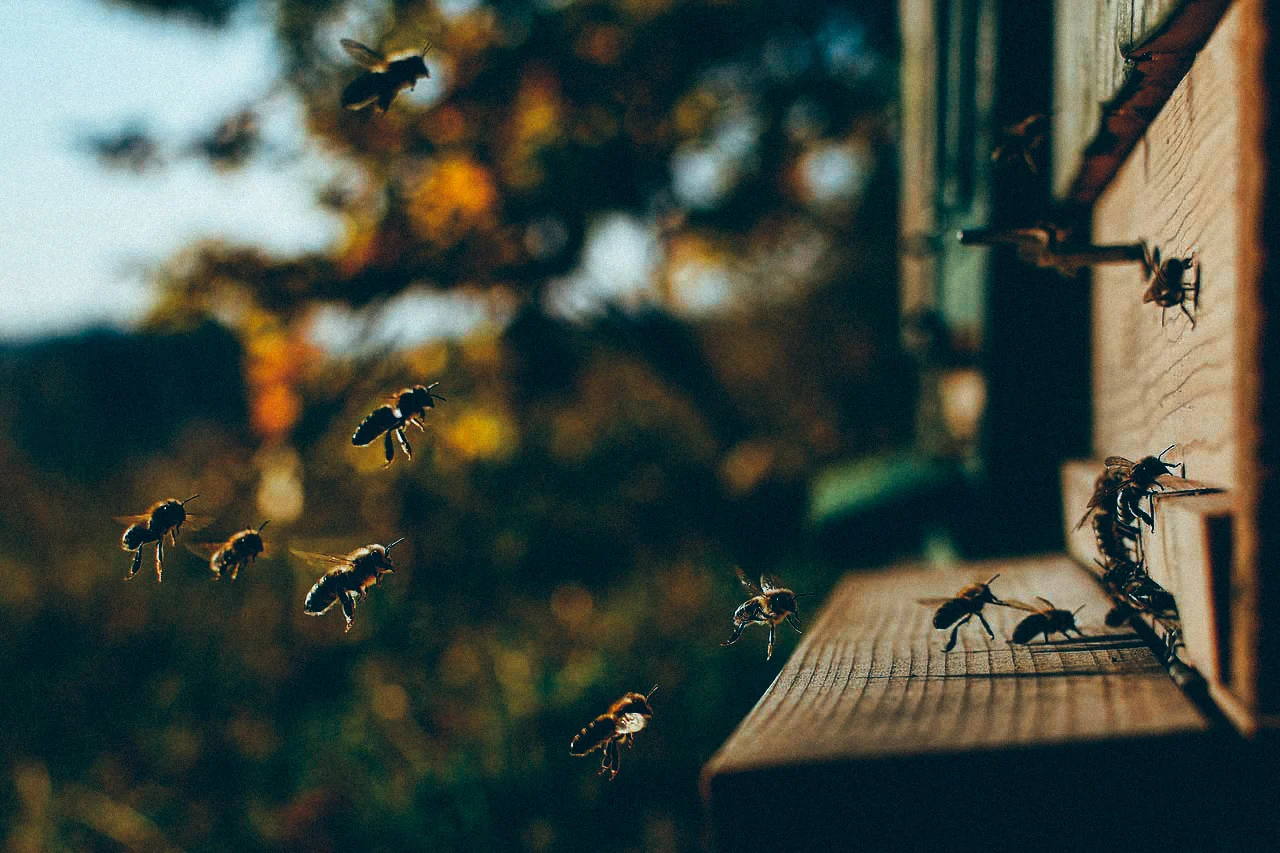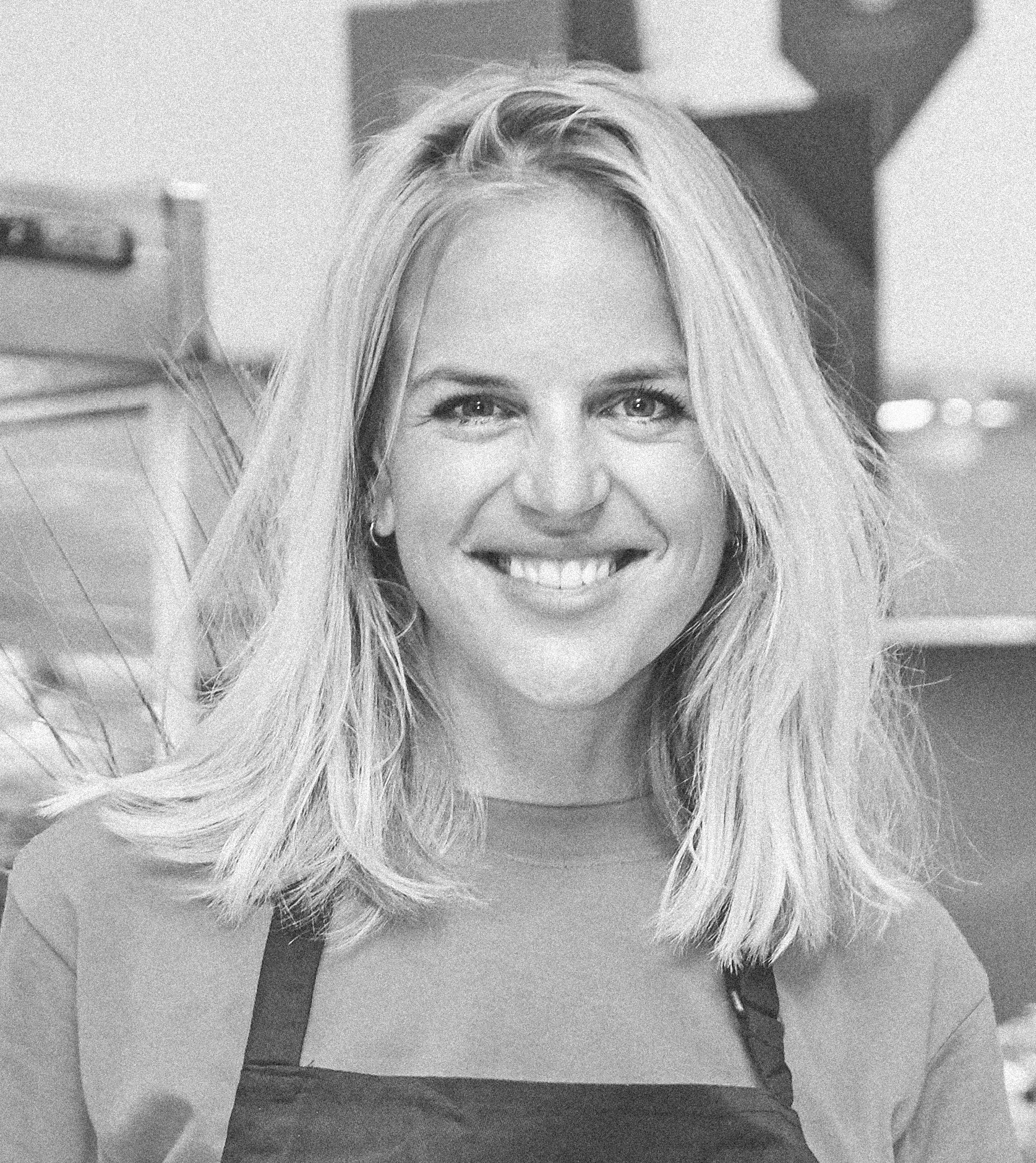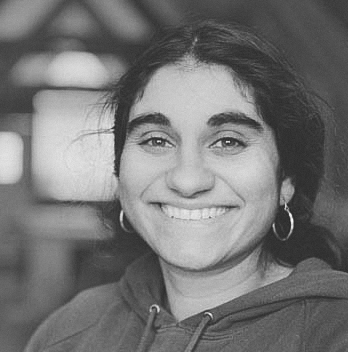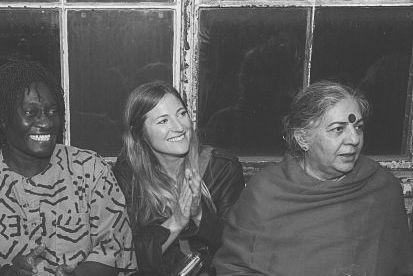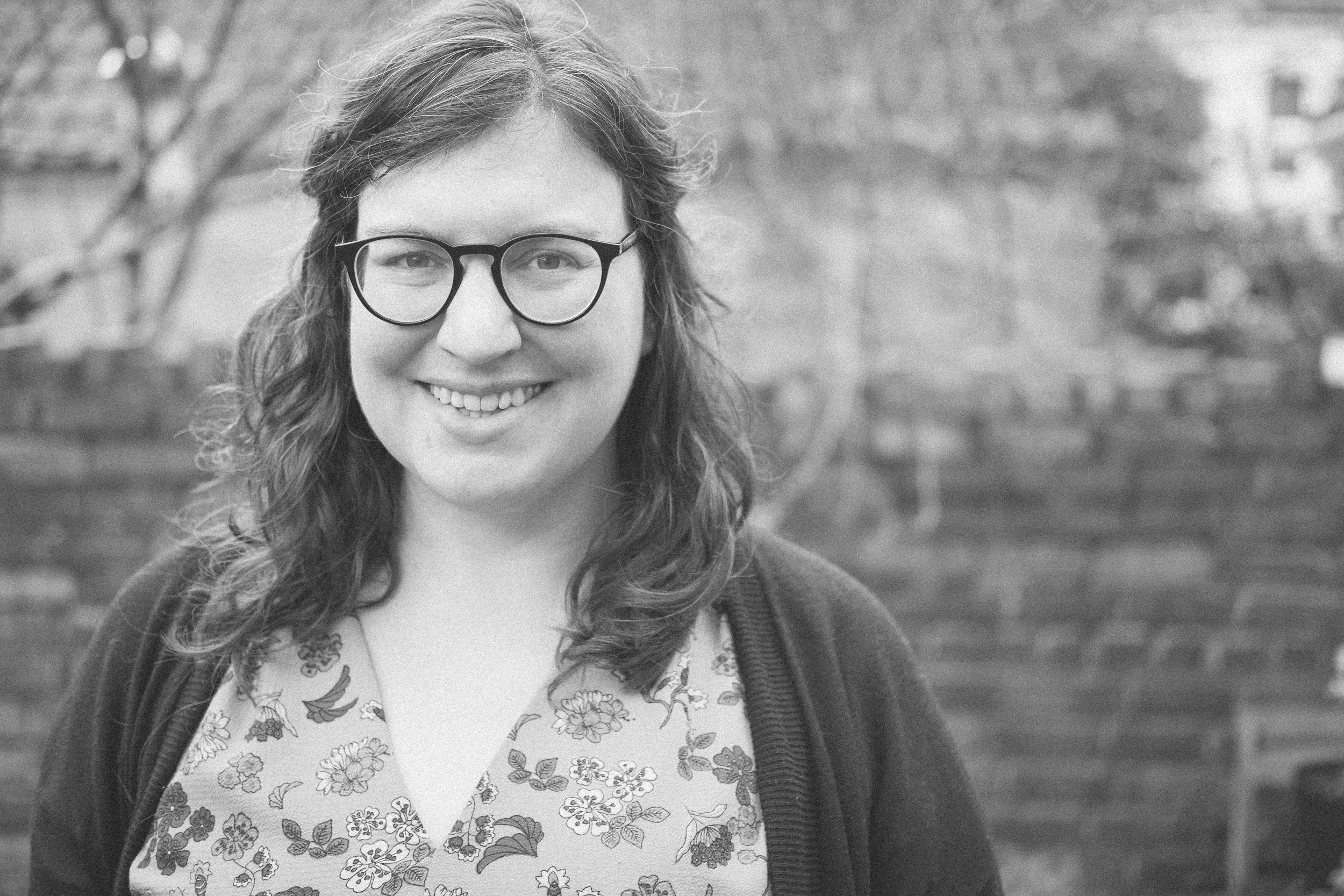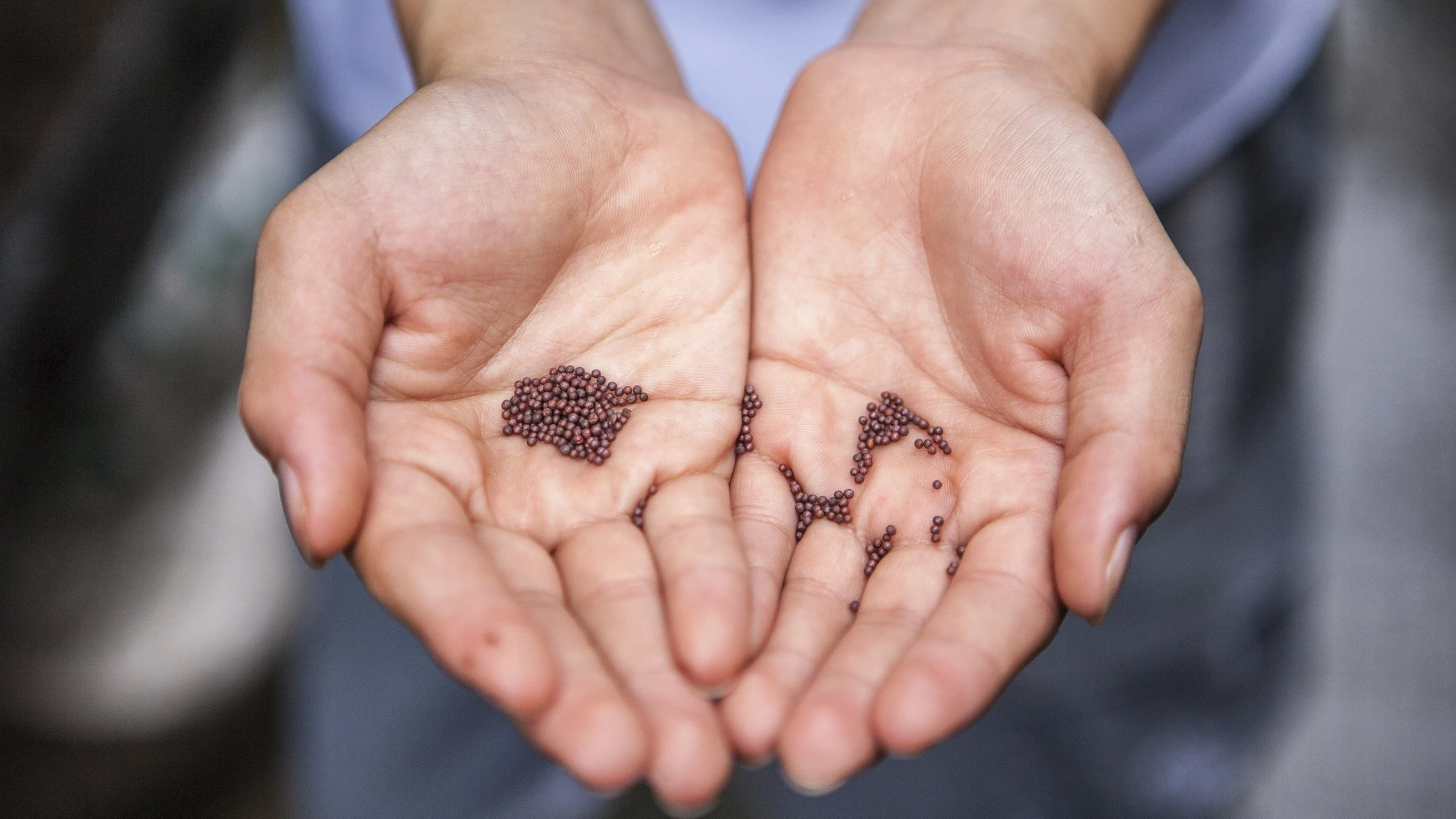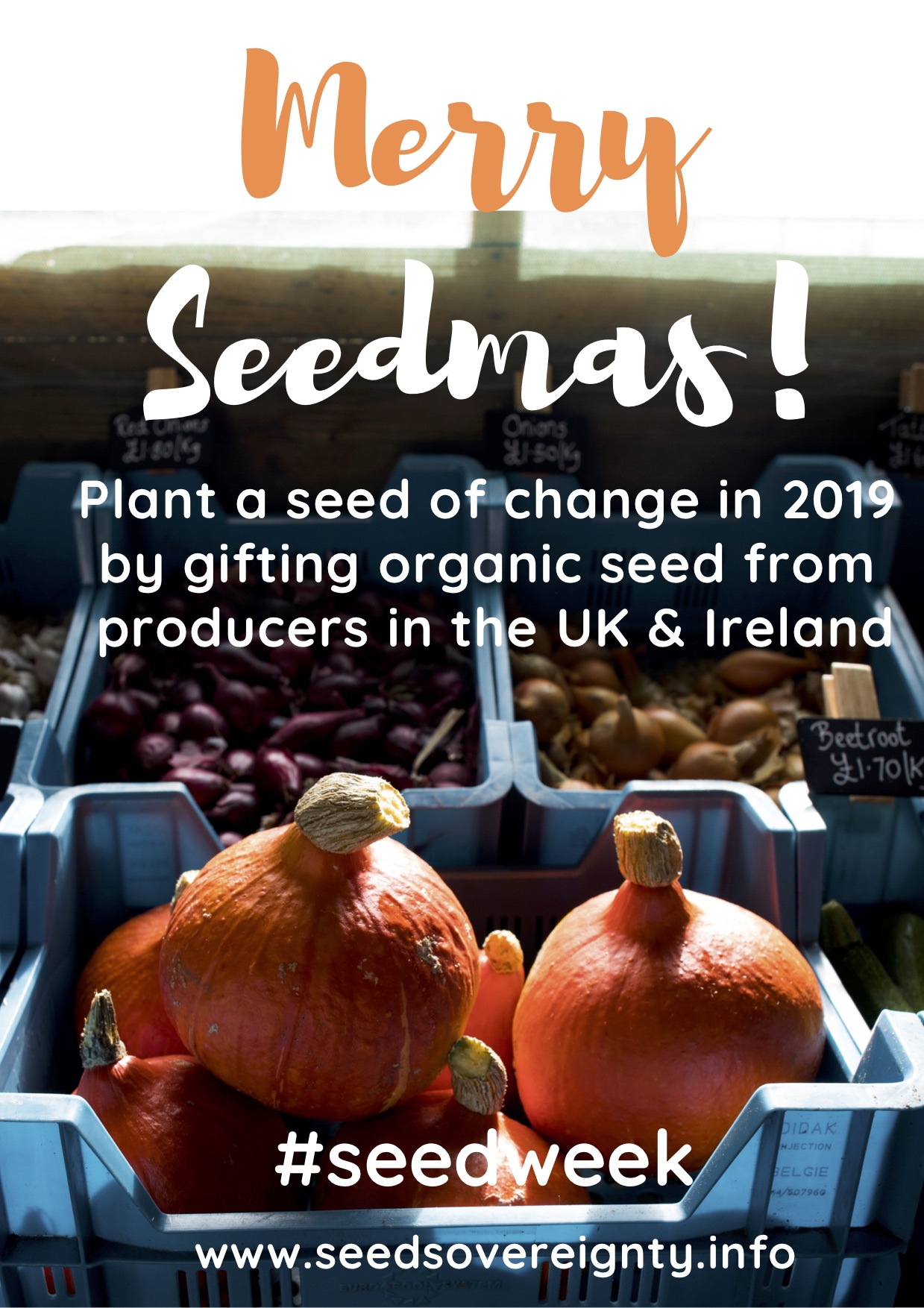In honour of International Women’s Day, Josina Calliste (co-founder of Land in Our Names - LION) interviewed Dee Woods to get her thoughts on women’s empowerment and food justice. Dee Woods is a food & farming actionist, Landworkers Alliance coordinating group member, and co-founder of Granville Community Kitchen in NW London.
Dee Woods of Granville Community Kitchen, Kilburn
JC: Thanks for agreeing to have this chat today, Dee. Could you tell me a bit about yourself and your journey into food justice?
DW: I'm a London girl, born in Ladbroke Grove. I've always been surrounded by food. That influenced a lot of what I do. I moved to the Caribbean when I was young and was immersed in this really diverse food culture. Celebration and connection and community comes with food. Whether we're grieving someone, celebrating their lives, or celebrating someone going on a journey, coming back from a journey… Food is central to everything. So what I do right now, I teach people to cook, in a way that sparks joy and that curiosity to experience flavour and texture and smell and taste.
Alongside Leslie Barson, I run the Granville Community Kitchen. We co-founded this in 2014 because we could see increasing food inequalities through our own charity work. In our experiences of youth and community work, health promotion, from working really closely with people.
Granville Community Kitchen was born through drawing on my experience as a food grower from a farming background and aspiring to be back on the farm (laughs), coming from a strong community. I’d experienced food insecurity because of disability benefit decisions and literally not having any money. Having to decide What do I do? Do I pay bills? Do I eat? Do I feed my children? And seeing that happen with other people, I thought there must be a better way to do this.
JC: It’s great you brought up the celebratory nature of food in the Caribbean, alongside the harsh realities of austerity and disability benefit decisions and what it's done to people's lives, and the need for food justice in inner-city areas. What does a feminist food struggle look like to you?
DW: In the 80s, I worked to create spaces for women of colour using womanist, black feminist perspectives. We created spaces where people could heal and get mental health support from other women of colour.
For me, it's important to have that lens - feminism needs to be intersectional in food justice. One that focuses on our intersectionality of race, gender.
And how food is used as a weapon. So when we talk about food apartheid, it is a militaristic strategy to deny people food. So that you weaken them. When the most affected people are women - especially women of colour. Which is how it fits into a wider white-dominant system.
A feminist food struggle would have to be one that is queer/gender diverse, centres women, disabled people and people of colour at the centre of organising and co-creating the alternatives.
JC: Whose voices are missing in discussions around the right to food?
DW: We’re missing the voices of the people most impacted by food insecurity - disabled, elderly and working-class people, women, people of colour, children. Also, people from the north who are greatly impacted by food inequalities, rural voices, including farmers and food producers.
JC: Who are the women in your communities who inspire you in fighting an unjust food system?
DW: The elder women inspire me. Because they've made it to their 80s/90s and they come with dignity and so much joy. Even if they might be suffering due to inequality. Firstly the late Beryl Gilroy, writer and teacher,(Paul Gilroy's mother) who was one of the founders of Camden Black Sisters which I was part of from the mid-80s to early 90s. In Trinidad, the late Mrs Nesta Patrick nurtured and guided my feminism as a young woman, giving me my foundation in understanding activism, patriarchy and women's rights.
Two ancestors - my paternal grandmother Elsie Woods nurtured my fascination with food and plants. For a child coming from Ladbroke Grove, she was this wondrous Iyami Aje [1]. My lasting memory of her is walking everywhere with her and foraging herbs and wild plants. My maternal grandmother Ena Evans and her "sweet hands”[2] sparked my love of cooking (design and fashion) from a very early age.
So I stand on the shoulders of so many great women! I have been truly gifted on my path. And I would say young people inspire me as well.
JC: Any young women you’re happy to name?
DW: Where do we start? You! (laughs)
JC: I haven't done anything!
DW: No really, your passion and deep earth connection along with political astuteness and actionism are truly inspiring. Also Farzana (Khan), Zahra (Dalilah), Guppi (Kaur Bola), Noni (Makuyana)… the list goes on. This generation just gets it. their honesty and authenticity, the profound understanding of interconnectedness, the genuine drive for justice plus the sheer energy and joy… women who understand the systems. From the economy to race, to gender. Women who just know how to unpack these issues, verbalise and explain them to others.
Dee Woods (left) and Josina Calliste (right)
JC: Wow. Thank you - that is *high praise* for this bunch of young women!
JC: Moving on - we know that 55.9% of food bank users are women, and a disproportionate number of those are Black & Asian women. Can you tell me a bit more about this?
DW: Here in the UK, particularly in urban settings, we see the inequality in women's lives. Particularly for women of colour. Poverty, disability, food insecurity, health inequalities, poor housing all play a role. It is a struggle to see and hear about people’s lives, as someone with those lived experiences and also on the frontlines of a worsening food insecurity crisis. It makes me angry that in the 6th richest economy that this is allowed to happen.
Current research is beginning to show who is most impacted, but there is no real analysis as to why. We need an intersectional lens that centres race, gender, class, sexuality and ability. Top-down and policy responses take time. So we have a collective responsibility to create grassroots solutions whilst lobbying for the systemic change. The voices of those most affected must be centred in both policy and grassroots solutions.
JC: How does Granville Community Kitchen try to empower women, address food poverty & address the things that contribute towards foodbank use?
DW: I think what we do is encourage women to step into their power by supporting them. Because I often say that Granville Community Kitchen is a centre for resistance, resilience and repair. So by supporting women like that - some people have gone on to work, some people have gone on to study, be it a short course or something. Other women just volunteer because that's all they can do. But they know they are part of something and they're contributing and making something. And I think our particular model of community working is because we're community-owned. We're not a charity, we're not a social enterprise, come in to solve a problem - no. This is a community sitting down together and working out what we can do to support each other.
Women are leaders within this. But we need to be in the places where decisions are made, and we need to be upskilling to get ourselves there. When I say upskilling - we need to be learning policy-speak and learning how to write it. Being able to read, draw out facts, learn research skills, and share our stories, our personal experiences. We hold the power to change narratives. So, poverty isn't a crime, it's nothing to be ashamed of, because we're not poor because of our choices, we're poor because there's a system stacked up against us.
JC: Yes that’s not intuitively feminist to me. It’s not how I’ve seen women work together - or what I imagine my Grenadian Grandmother did, or the grandmothers you talked about in this interview…
DW: Caribbean society is heavily matriarchal. Women did things - market, su-su, they were the ones organising and running things. Still burning a pot, still baking bread, still out in the fields. Women were the ones thinking, organising, writing. Being in the kitchen - that is powerful. Understanding food, being able to cook - that's transformative. Knowing how to grow food - that is knowledge. If you don't know that and you don't know how to pass that on - you know nothing.
JC: Final question - how do we build solidarity and movements for our collective liberation?
DW: We need more people from our communities stepping up. That is happening within faith groups around food banks. But we need more of a food justice, food sovereignty dynamic. This would mean setting up projects which support people into work, to build skills and address their issues. We need to truly listen and to have the courage to do the often painful work in our communities. To not only tear down the edifices of oppression, but do the healing work and build alternatives that are just and equitable. To find common ground is to honour our human dignity and to centre everything in love.
*.1 Iyami Aje (Yoruba): Obeah woman or witch
*.2 Sweet hands: a term from Trinidad & Tobago for someone who can transform the simplest of ingredients into something that is divinely gastronomic, evoking pleasure and memories of good food. See here: https://www.stabroeknews.com/2015/10/17/the-scene/tastes-like-home/sweet-hands
*.3 su-su (original Yoruba - esesu) - informal rotating savings networks popular among women in African diaspora communities. Other names include: tanda, pardner, box hand, stokvel, hagbad, ayuuto.
Header Image Credit : Miles Willis Photography
Author: Josina Calliste,
LAND IN OUR NAMES (LION)
Josina is a health professional, landworker, activist and community organiser. She co-founded Land in Our Names (LION) in June 2019 in order to uproot & disrupt systemic issues of land as they pertain to people of colour in Britain. She loves farming and nature walks. One day she will found an eco-village with anti-racism and women's empowerment at its heart.
You can contact Josina via:
Insta: @LandInOurNames / @Josinaz13.8
Twitter: @Jo_ZinaC










